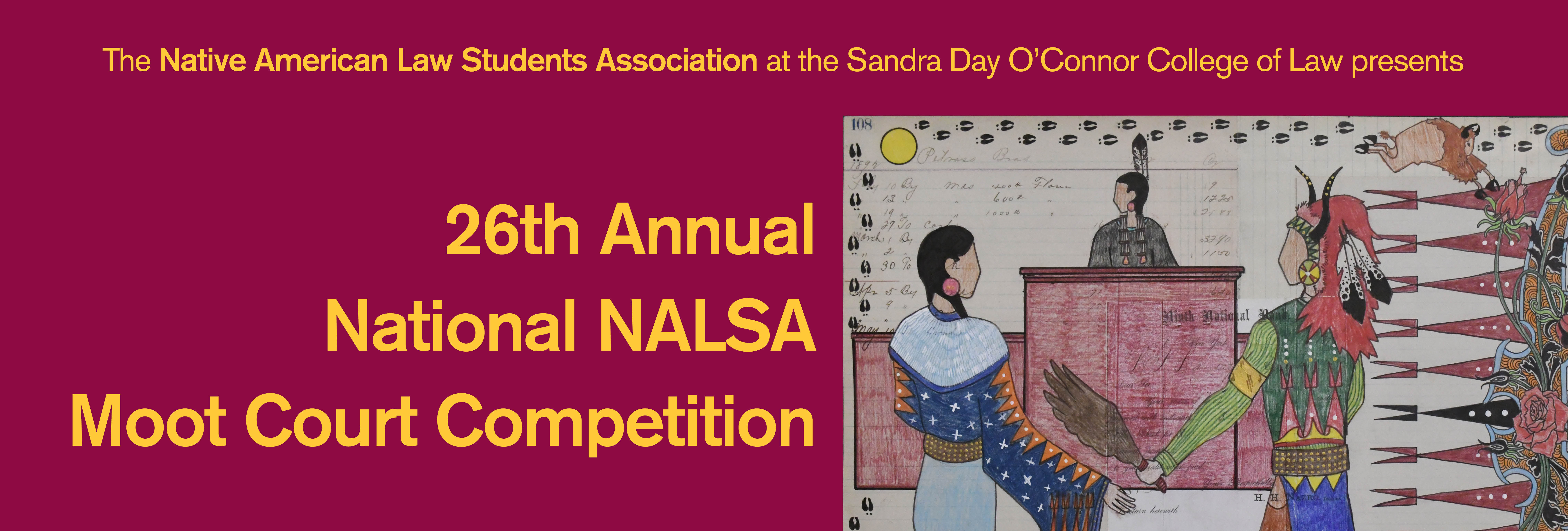The John F. Roatch and Linda Haskell Lectures,
a special one-day event
March 23, 2018
9:00 a.m. – 2:00 p.m.
University Club of Phoenix
The event is free and open to public. Register here.
The Program
9:00 – 9:30 a.m. | Arrival and registration
Coffee and muffins
9:30 – 10:15 a.m. | The Roatch Lecture
Frank Rennie, Professor of Sustainable Rural Development and Assistant Principal
Lews Castle College University of the Highlands Islands
Celtic lands and identities: Global and local implications
10:15 – 10:30 a.m. | A brief commentary from Professor Miller
10:30 – 10:45 a.m. | Discussion (Audience Q&A)
10:45 – 11:15 a.m. | Break
Coffee and pastry refill in the garden
11:15 a.m. – 12:00 p.m. | The Haskell Speaker
Robert Miller, Professor, Sandra Day O’Connor College of Law at Arizona State University
Faculty Director, Rosette LLP American Indian Economic Development Program
Indian Nations: Land, governance and economic development
12:00 – 12:15 p.m. | A brief commentary from Professor Rennie
12:15 – 12:30 p.m. | Discussion (Audience Q&A)
12:30 – 12:45 p.m. | Presentations
The audience will move to the garden for lunch after a brief break
1:00 – 2:00 p.m. | Luncheon in the Garden
To view full announcement, click here.






